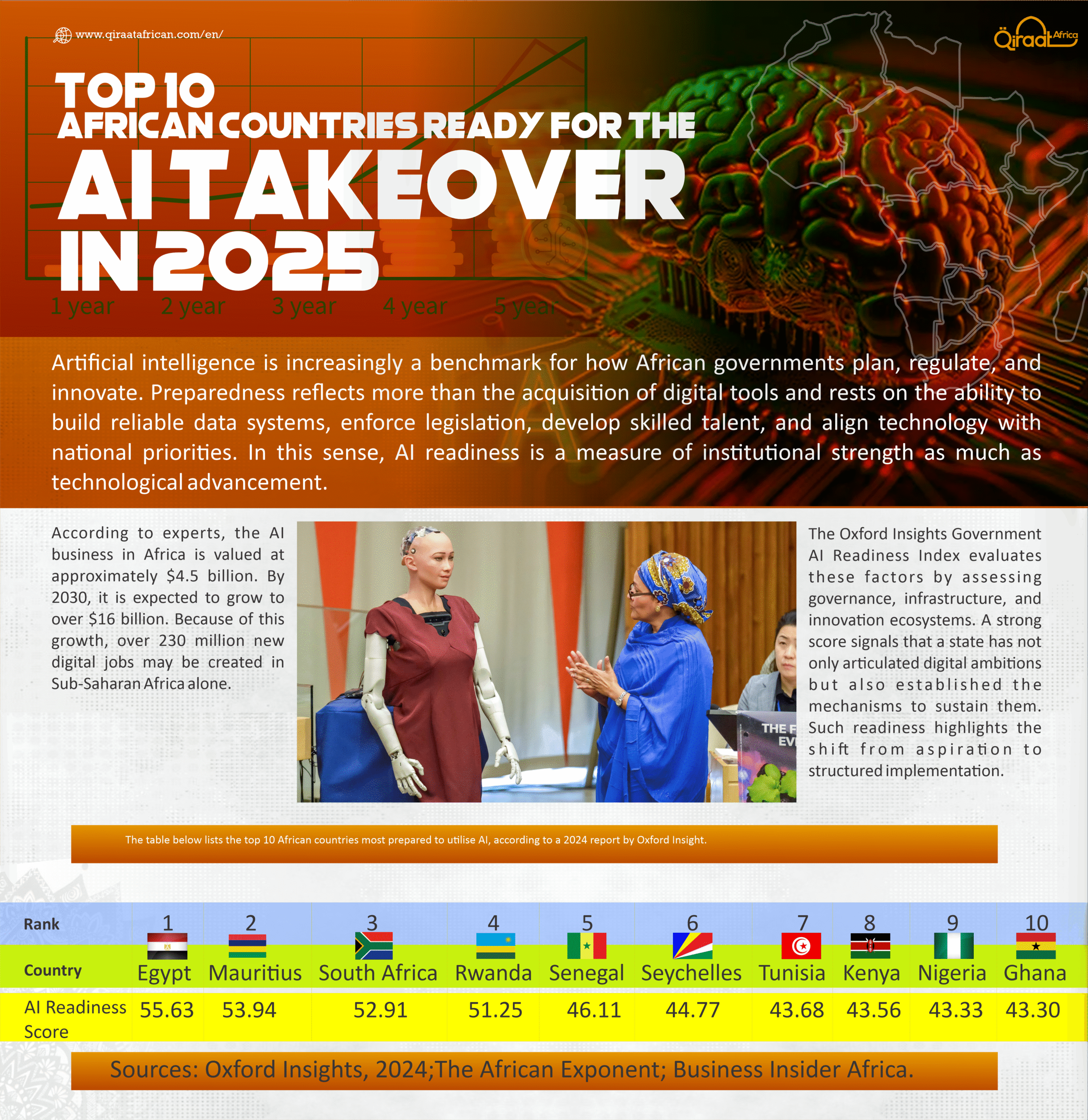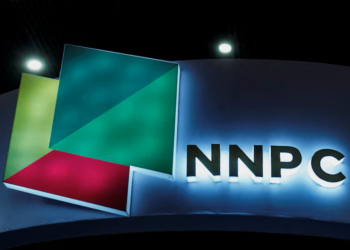Artificial intelligence is increasingly a benchmark for how African governments plan, regulate, and innovate. Preparedness reflects more than the acquisition of digital tools and rests on the ability to build reliable data systems, enforce legislation, develop skilled talent, and align technology with national priorities. In this sense, AI readiness is a measure of institutional strength as much as technological advancement.
According to experts, the AI business in Africa is valued at approximately $4.5 billion. By 2030, it is expected to grow to over $16 billion. Because of this growth, over 230 million new digital jobs may be created in Sub-Saharan Africa alone.

The Oxford Insights Government AI Readiness Index evaluates these factors by assessing governance, infrastructure, and innovation ecosystems. A strong score signals that a state has not only articulated digital ambitions but also established the mechanisms to sustain them. Such readiness highlights the shift from aspiration to structured implementation.
The table below lists the top 10 African countries most prepared to utilise AI, according to a 2024 report by Oxford Insight.
| Rank | Country | AI Readiness Score |
| 1 | Egypt | 55.63 |
| 2 | Mauritius | 53.94 |
| 3 | South Africa | 52.91 |
| 4 | Rwanda | 51.25 |
| 5 | Senegal | 46.11 |
| 6 | Seychelles | 44.77 |
| 7 | Tunisia | 43.68 |
| 8 | Kenya | 43.56 |
| 9 | Nigeria | 43.33 |
| 10 | Ghana | 43.30 |
ـــــــــــــــــــــ
* Sources: Oxford Insights, 2024; The African Exponent; Business Insider Africa.


























































